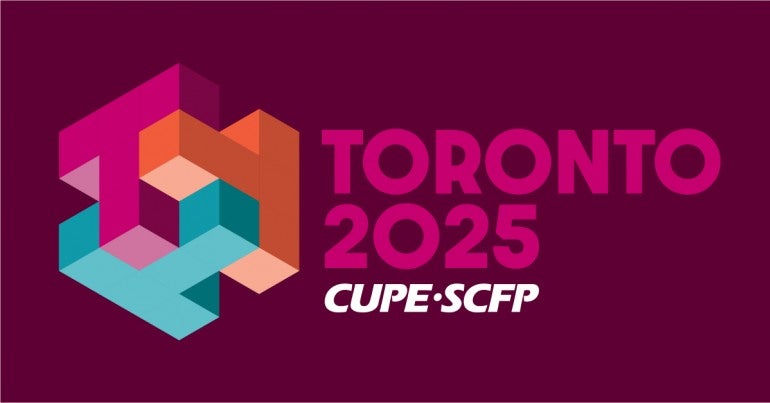 Health-law professor and author Timothy Caulfield told delegates that we are living through a “knowledge crisis” — an era in which misinformation, celebrity culture, and political identity are eroding public trust in evidence and institutions.
Health-law professor and author Timothy Caulfield told delegates that we are living through a “knowledge crisis” — an era in which misinformation, celebrity culture, and political identity are eroding public trust in evidence and institutions.
Caulfield, author of The Certainty Illusion and several bestselling books on health and popular culture, called the trend a direct threat to public health and frontline workers. The COVID-19 pandemic, he said, supercharged an atmosphere where unproven claims and conspiracies exploded from social media into daily life.
“Not all answers are right, but some answers are clearly wrong,” Caulfield told the hall. “It’s go time — it’s a crisis, and we can make a difference.”
He offered examples that drew audible reactions from the floor: from people drinking cow or aged human urine to the rise of unproven supplement regimens and IV therapies marketed as longevity cures. He warned that celebrity-driven fads normalize risky behaviour and fuel demand for expensive, medically harmful treatments.
Political identity, Caulfield added, now shapes who accepts or rejects science. “Vaccine debates are no longer about data — they’ve become symbols of political identity,” he said, noting how once-scientific issues like vaccination, water fluoridation, and climate action have become ideological fault lines.
Caulfield’s warning was also a call to action. He urged unions and public-sector leaders to champion media literacy, promote “accuracy nudges” that slow impulsive sharing, and amplify scientific consensus where it exists. Trusted local voices — from healthcare workers to union members — have a crucial role to play in restoring trust.
“Science will not save science,” he said. “We need your voice.”
He urged delegates to see misinformation as both a community and workplace issue — one that demands vigilance, transparency, and a willingness to speak up.
“If you believe in science and truth,” Caulfield said, “then push back. Speak up — your voice matters.”


